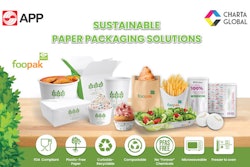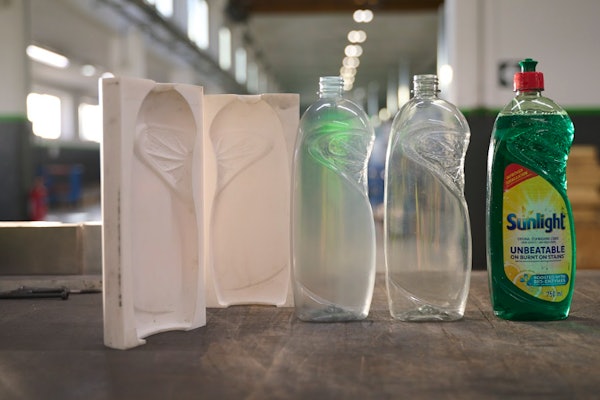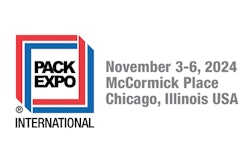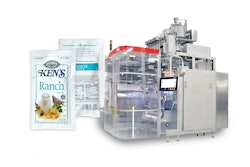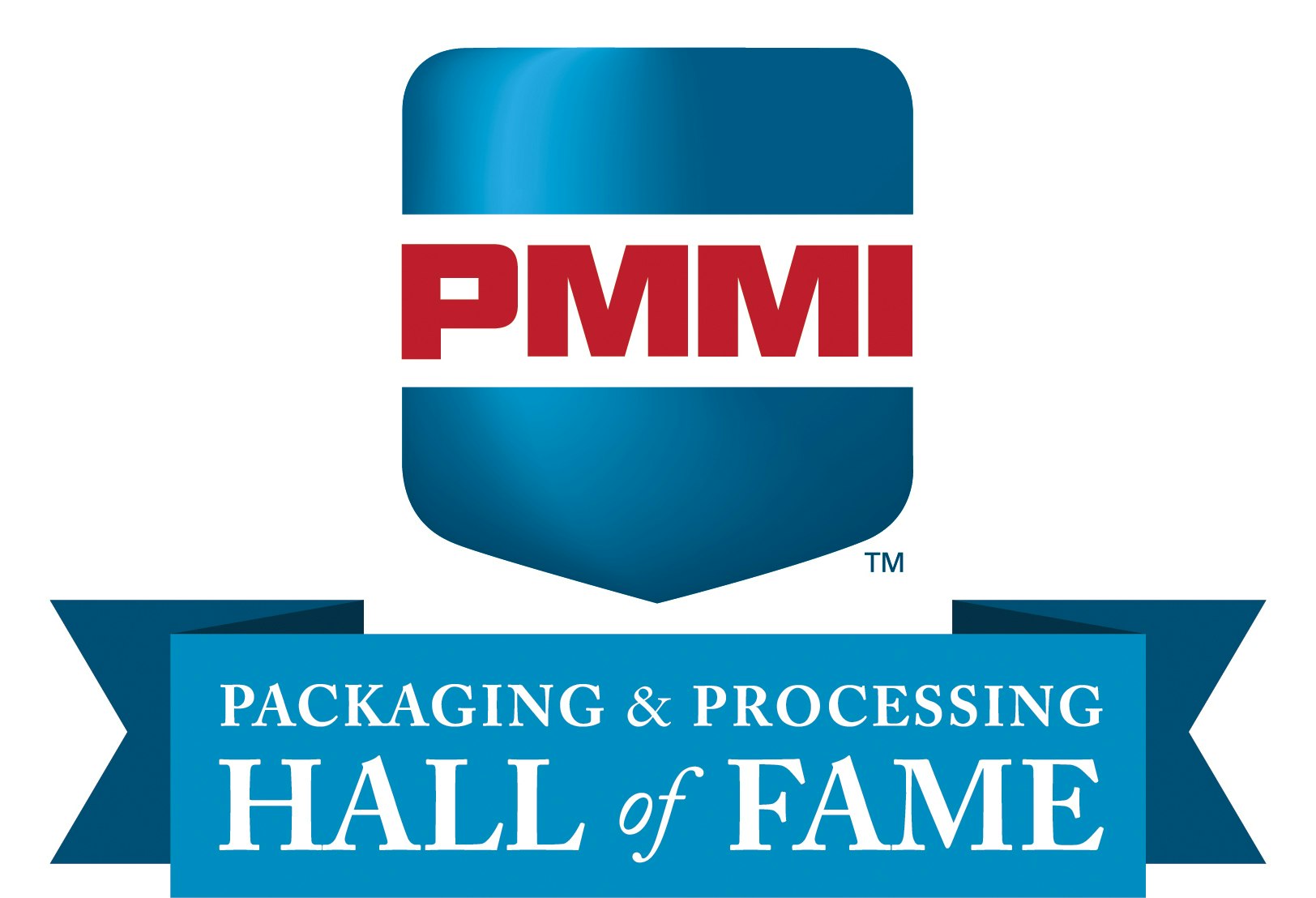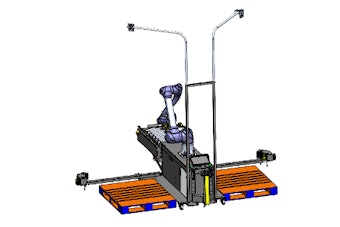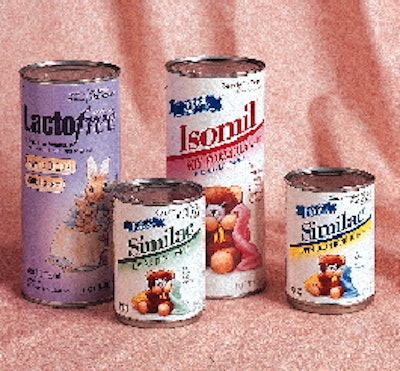
Bob Gelardi, president of the Infant Formula Council (IFC), says he is not in a position to answer any questions about the proposed good manufacturing practices (GMPs), which he describes as "very comprehensive." In fact, at press time, the IFC had received an extension of the October 7, 1996, comment deadline to December 6. Gelardi says the FDA is claiming that much of what the proposal would require is already being done voluntarily by industry. He disagrees. Packaging manufacturers are less reserved. Jerry Heckman, whose Washington law firm represents numerous packaging manufacturers and their trade associations, says the proposed FDA infant formula GMPs could force infant formula manufacturers to reject any packaging that contains a food contact substance that has not explicitly been covered by a Food Additive Regulation. The packaging might have to be rejected even though the substance in question: may not reasonably be expected to become a component of food, is separated from the food by a functional barrier or is being used as a reaction control agent. Carolyn Miles, the FDA official in charge of the rulemaking, de-clines to address Heck-man's concern directly. She says, "I'm not real sure where he's coming from." She explains this particular section of the proposal is written to reinforce current law. It requires food contact substances fit into one of three categories, which are FDA terms of art: Generally Recognized as Safe (GRAS), prior sanctioned or indirect food additives. Another section of the proposed GMPs requires infant formula manufacturers to establish written specifications for containers and closures. These are necessary, the FDA argues, to insure the integrity of the container and closure is maintained to prevent leakage of the formula and to prevent an infant formula from becoming adulterated. The FDA's Miles says that infant formula recordkeeping rules which are already in force require the manufacturers to keep considerable records. They probably contain much of the information about specifications the FDA is alluding to in this section of the proposed GMPs. The manufacturers would also have to have procedures to determine whether containers and closures met the specifications. These could include things such as acceptance of a supplier's guarantee or certification and testing conducted by the manufacturer. "There is reason for some concern that if that proposed section is adopted, impetus will be provided to the formula manufacturers to seek the same type of 'no change' guarantees from suppliers as they seem to continue insisting on getting from drug packaging suppliers," states Jerry Heckman. "It needs to be made as clear as possible that formula manufacturers will not need to conduct special stability tests or make a filing with FDA where a package change is made that clearly will not affect potential migration or package integrity, such as substitution of reaction control agents or changes in feedstock suppliers." The manufacturer would also have to have controls in place that would assure that any containers or closures that fell short of specifications were not only discarded, but quarantined, too. The FDA is also concerned that even after the infant formula manufacturer packages product in a properly certified container and closure, that package may degrade when exposed to dirt or air. So packages would have to be re-examined if "they have been exposed to conditions that may adversely affect them." Judith Foulke, spokeswoman for the FDA, says this requirement has been imposed on all food manufacturers; so there is nothing new here. The GMPs stem from congressional amendments passed in 1986. Asked what took the agency so long, Carolyn Miles explains that FDA staffers were pulled off this project to work on higher priority items, such as nutrition labeling.



